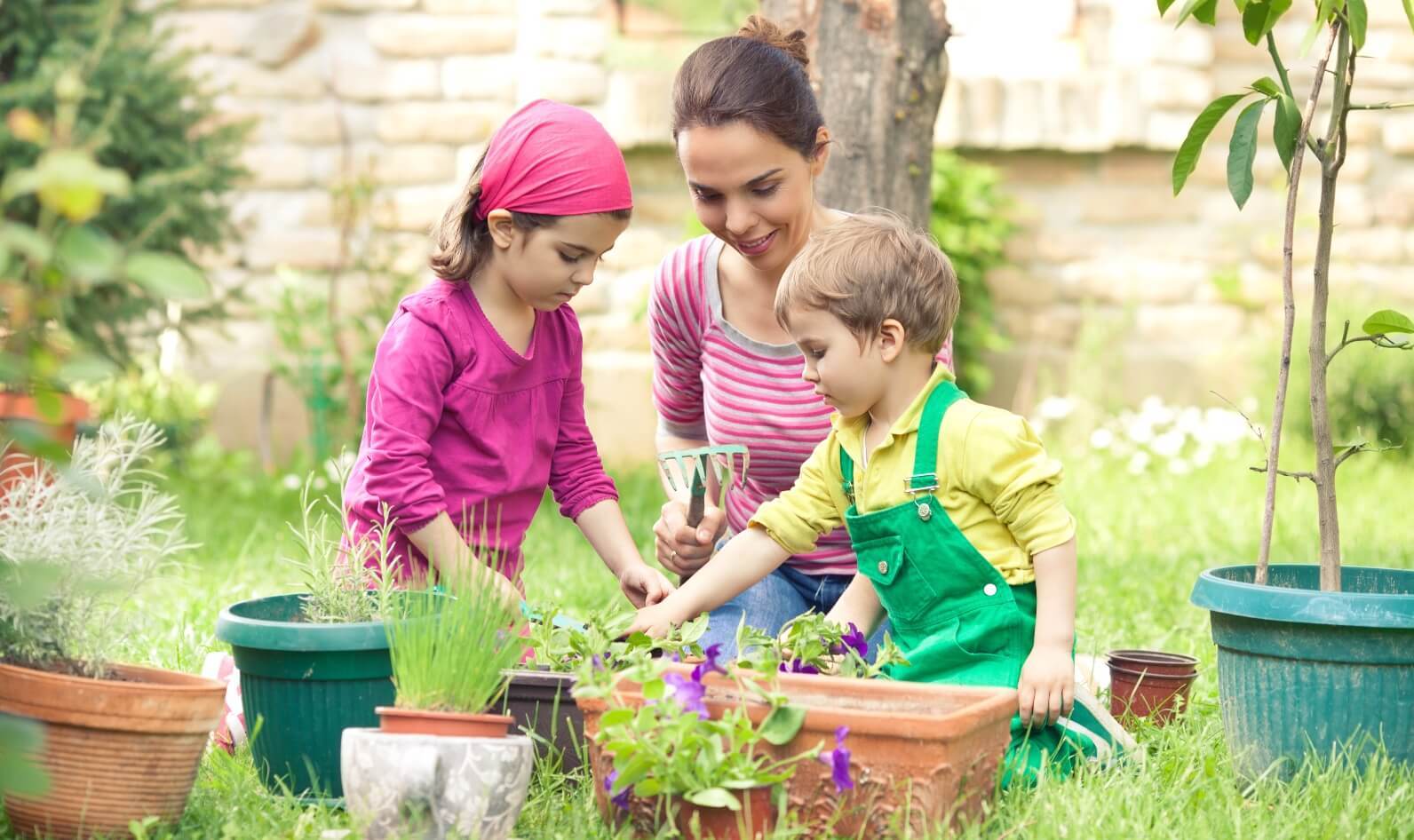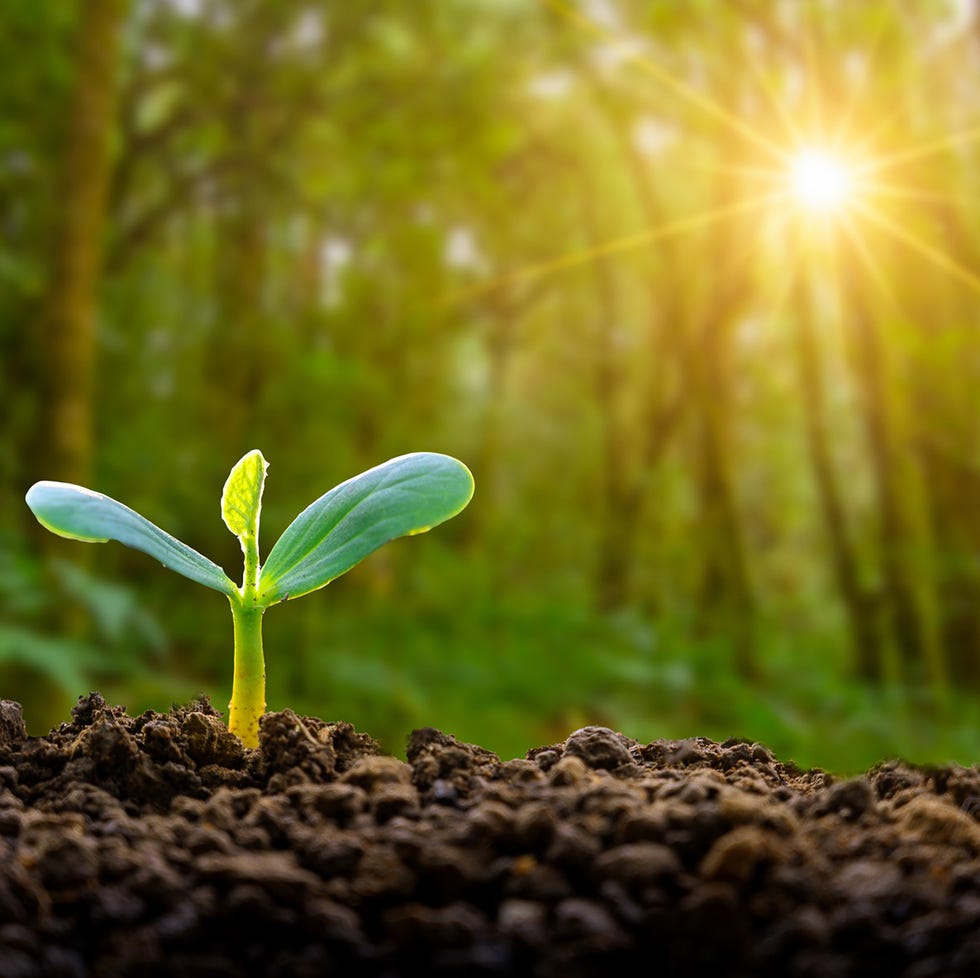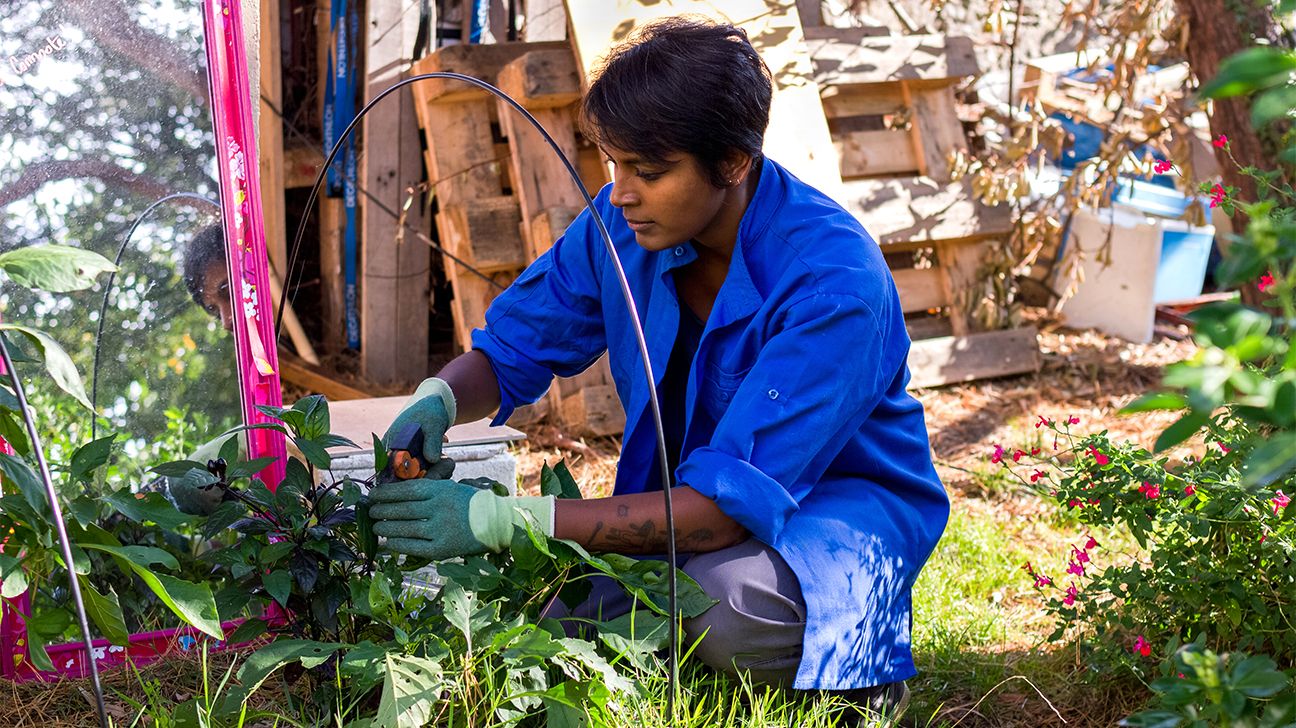Gardening Happiness: Revealing the most effective Tools and Methods for Home Gardening for Beginners to Grow
Wiki Article
Growing Environment-friendly Thumbs: a Beginner's Trip Into the Globe of Gardening
Are you anxious to get your hands dirty and start growing your own yard? You'll discover concerning choosing the right plants, understanding soil and garden compost, and crucial horticulture tools. We'll also teach you sprinkling and fertilizing methods and exactly how to deal with common garden parasites. home gardening for beginners.Choosing the Right Plants
1. Initially, you require to evaluate your horticulture area and figure out the number of plants that will certainly fit pleasantly. Because overcrowding can lead to stunted development and illness, this step is important. Step the dimensions of your garden beds or pots and calculate the available area. Think about the mature size of the plants you plan to expand. Some vegetables and herbs call for more area than others, so it's important to do your research.When you have a clear concept of your horticulture room, it's time to pick the right plants. Consider what you enjoy eating or what flowers you locate most attractive. Think about the climate and sunshine problems in your area. Specific plants flourish completely sunlight, while others choose partial color. Take note of any type of microclimates in your garden, such as areas that receive much more or much less sunlight than the remainder. This will certainly assist you select plants that are fit to your details problems.
It's also vital to consider your level of gardening experience. Decide for plants that are simple to grow and need minimal upkeep if you're new to horticulture. Herbs like mint, rosemary, and basil are forgiving and excellent for beginners. In addition, think about the length of your expanding period. Select plants that have a much shorter maturation duration if you stay in an area with a much shorter growing season.
Recognizing Dirt and Compost
Dirt is the foundation of your yard, supplying nutrients, water retention, and assistance for your plants. It is vital to have a great understanding of your soil kind, whether it is sandy, clayey, or fertile, as this will establish the kinds of plants that will grow in your garden. Bear in mind, a healthy and balanced and productive dirt is the essential to an effective garden, so take the time to comprehend your dirt and include compost to guarantee your plants thrive.
Crucial Gardening Tools
Since you understand the importance of dirt and garden compost, allow's explore the necessary gardening devices you'll require to grow your eco-friendly oasis. Among the most basic devices you'll need is a garden trowel. This small portable tool is perfect for digging little holes, transplanting plants, and scooping soil. One more essential tool is a garden fork. This strong device is utilized for loosening soil, separating clumps, and turning compost. A great pair of horticulture handwear covers is a must-have to safeguard your hands from thorns, irritable plants, and dirt. Seek gloves that are long lasting, breathable, and give an excellent grip. A garden tube or watering can is vital for maintaining your plants hydrated. Select a hose with a spray nozzle that allows you to adjust the water flow and pressure. A sturdy pair of pruning shears or secateurs is necessary for trimming and forming your plants. Look for shears with a sharp blade and comfortable manages. A yard rake is useful for leveling soil, getting rid of particles, and spreading out compost. With these important devices in your gardening toolbox, you'll be fully equipped to create and maintain your environment-friendly oasis.Watering and Fertilizing Techniques

Managing Common Garden Vermin
As a novice gardener, you may come across usual garden insects that can ruin your plants. These parasites can range from pests like beetles, caterpillars, and aphids, to tiny pets like squirrels and bunnies. It is necessary to be able to identify and deal with these bugs successfully in order to protect your plants and guarantee an effective garden.Among the initial steps in managing yard insects is to regularly examine your plants for any kind of indicators of problem. Seek chewed fallen leaves, openings in the foliage, or the existence of tiny pests. It's vital to take action promptly to stop them from spreading and creating additional damages. if you identify any kind of pests.
There are a number of approaches you can make use of to regulate yard bugs. In addition, there are organic parasite control sprays readily available that can help deter and eliminate common garden parasites.
Remember, prevention is vital when it comes to taking care of garden insects. Keeping your garden complimentary and clean of debris can help in reducing the chance of an infestation. Regularly eliminating weeds and dead plants can likewise assist eliminate concealing places for insects.

Verdict
Congratulations on completing your novice's journey into the world of gardening! By picking the right plants, understanding soil and compost, utilizing vital horticulture tools, and grasping watering and feeding strategies, you have set on your own up for success. Do not neglect to stay cautious in managing usual yard pests to ensure your plants grow. With your newfound understanding and green thumbs, your garden will thrive and bring you unlimited happiness and beauty (gardening kit for beginners). Happy horticulture!Soil is the structure of your yard, giving nutrients, water retention, and support for your plants. It is important to have a good understanding of your soil kind, whether it is sandy, clayey, or fertile, as this will determine the kinds of plants that will certainly grow in your garden. Bear in mind, a abundant and healthy and balanced dirt is the key to an effective garden, so take gardening kit for beginners the time to recognize your soil and integrate garden compost to guarantee your plants thrive.
As a novice gardener, you may run into typical yard pests that can create mayhem on your plants. It's important to be able to identify and deal with these insects effectively in order to safeguard your plants and make sure a successful garden.
Report this wiki page